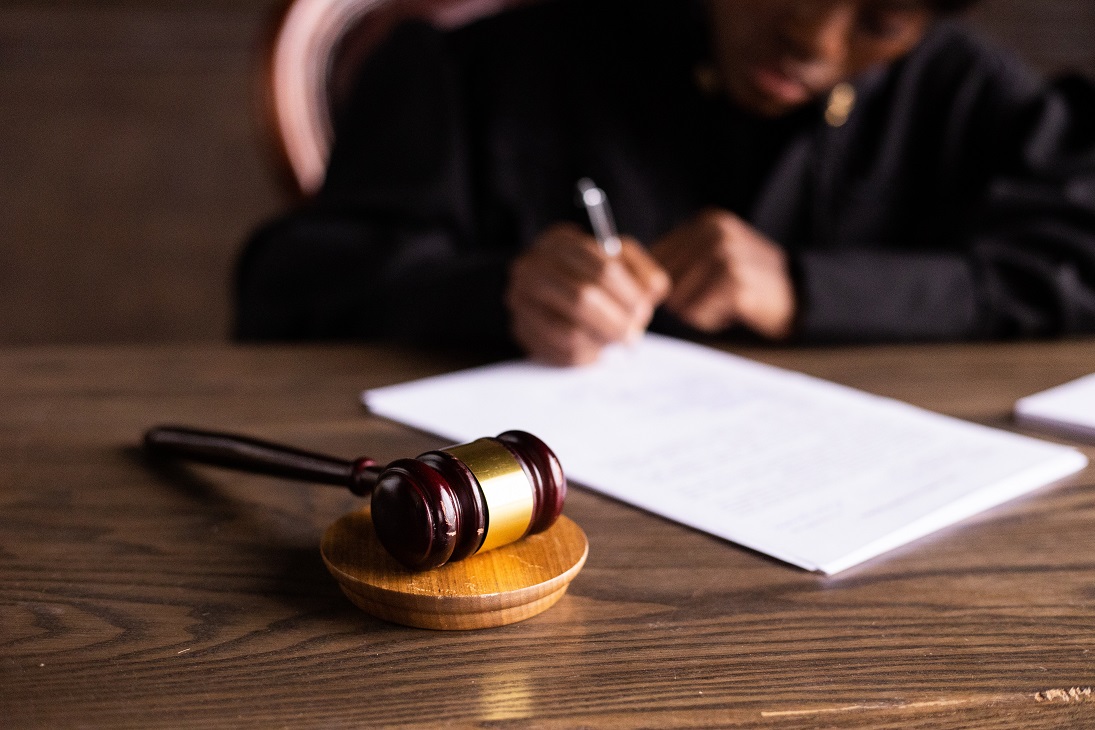If you fail to appear in court as the subpoena demands, a judge could deem it contemptible.
A subpoena is a court order that requires an individual to appear in court to testify or provide evidence. A subpoena can also be used to request documents or other items be produced for the court. The purpose of a subpoena is to ensure that relevant information and evidence are presented during legal proceedings. Subpoenas are typically issued by the party initiating legal action, although a judge may also give a subpoena. Failure to comply with a subpoena can result in legal penalties, including contempt of court charges.
Are you served with a legal document called a subpoena?
If so, you must understand the details of this court order. A subpoena requires your appearance at an appointed date and time to testify as a witness concerning some case in front of the civil or criminal court. Additionally, when applicable, documents must be provided upon request by the issuing judge. Don’t ignore such orders; they are legally binding! Understanding what kind of testimony and documentation may be required from you will help ensure full compliance with any subpoenas received.
You must receive a subpoena in person for it to be valid. Sometimes one of the parties involved in the case, or someone over 18 years old, can do this. If you are not affiliated with either party, whoever delivers the document should pay your attendance fee and transportation costs – this applies to civil cases only; if you’re testifying as part of a criminal investigation, those funds will arrive after showing up at the designated place. Therefore, make sure that you read through each subpoena carefully before proceeding!
Reading a subpoena
A subpoena will declare the names of those involved, the date and time you must appear in court, the name of a lawyer who issued it, and the location and type of court where this case takes place.
Suppose any documents or additional items are needed to bring along with you. In that case, they should be indicated on the subpoena itself or another paper that may have been given to you.
You possess full authority to object to an existing subpoena. File any objections to appearing or providing the requested documents in writing, citing all relevant reasons for unfairness. Do this as soon as possible, of your designated date for attendance or offering up the objects. Consulting with a lawyer is highly recommended to ensure your arguments are timely and accurate when submitted.

A subpoena will necessitate you stay at the appointed place until your testimony is finished, except if a judge grants permission for an early dismissal. It’s best to communicate with the lawyer who summoned you to ascertain whether they need you again tomorrow or on another specified date. Doing so can spare both parties any disarray and redundant time spent waiting.
What happens if someone doesn’t respond to a subpoena?
If you fail to appear in court as the subpoena demands, a judge could deem it contemptible. This could result in an extended jail sentence and hefty fines for those affected by your disregard for their legal summons. Your non-compliance might even lead to a warrant being released for your arrest; subsequently, law enforcement will take action against you and bring you into the courtroom, expecting your required testimony.
Are there any valid reasons to get out of a subpoena? If you need help appearing for your subpoena, contact the lawyer who issued it immediately. Details such as their name, address, and phone number can be found on the document itself. They could reschedule your testimony at a later date if needed. Nevertheless, be aware that a lawyer may not be able to alter the scheduled court appearance if it is immovable. If you cannot show up or your attendance would harm yourself or your business, make sure you seek counsel from an attorney.


Join the conversation!